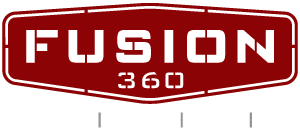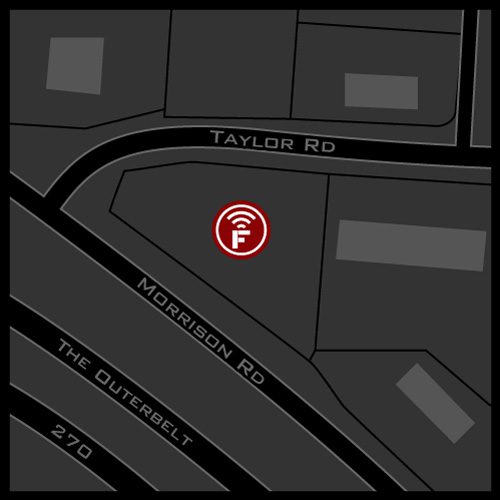It can be frustrating to open up a search engine and click on a link on your phone, only to have it freeze, crash — or worse — not be mobile friendly. People now search on their mobile device more than their computers, so making your SEO more search friendly and mobile friendly, is something that you can do and is something that search engine companies are working on.
Google AMP
Yes, Google is the source of all information these days, and Google’s new program called AMP can really boost viewership and help your SEO on mobile. AMP allows your website to run faster, boosts your SEO on a mobile device, and load quicker. Many people will quickly go back from your page and go to the next link hoping it’s going to be faster. So Google literally AMP’s your website up with this new program.
App SEO
Get an app and boost your SEO. According to a story by Criteo, people were more likely to use a mobile app to search for retail and places within the travel industry, rather than use a mobile website. Create an app that is user friendly, and easy to find. Join the new SEO, and get an app to build your business in Utah.
Google is also helping your SEO by making app searching more organic. This allows those searching for an app likes yours to appear on the list of useful apps.
Machine Learning
Machine learning is something you probably should learn about if you really want your SEO to improve for your company. Machine learning can actually help your advertising by analyzing algorithms and statistics. This will help you reach out to different people not only in Utah, but around the world so you can figure out what demographic your users belong too. This will better help you market and find out who you now need to market to so you can grow your business.











